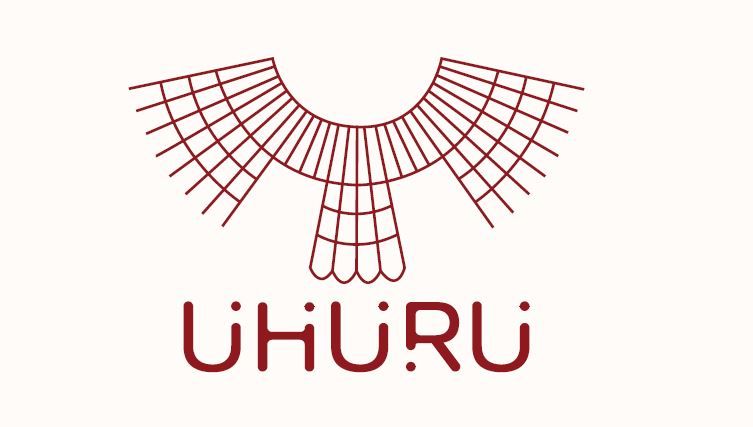Uhuru Fintech Receives RBZ Approval to Start Testing

The fintech regulatory sandbox, according to the RBZ, is designed for entrepreneurs in the financial services industry who have already created their service, product, or business model and are prepared to conduct a proof of concept through closely watched market testing. Trust Jakarasi, the founder and CEO of Uhuru, stated that the company has started testing its payments solution because it is one of the two fintech start-ups that the Reserve Bank of Zimbabwe has accepted into its regulatory sandbox.
The goal of the sandbox project is to develop relationships between established financial institutions and fintech start-ups in order to provide better financial services. The platform of Mr. Jakarasi’s business is crucial, in his opinion, for the Zimbabweans living in neighboring South Africa. “We have created the perfect platform for immigrant workers living in South Africa to seamlessly support their families here in Zimbabwe,” Jakarasi added.
The fintech start-up stated the local bank will disclose the testing cooperation in the upcoming weeks. He continued by saying that the platform would allow both businesses and individuals to “trade value, anywhere, anytime, and at affordable costs.”
This action might encourage other entrepreneurs to contact the RBZ even though they haven’t joined the fintech regulatory sandbox in that industry. For the central bank, more is better since it will have a wider range of companies to work with and various viewpoints.
Mr. Jakarasi claims that Zimbabweans living in South Africa can contribute as little as $3 in the form of airtime or power to support their families back home through Uhuru’s Whatsapp platform. Furthermore, users of the platform are also able to make other payments like hospital bills, school fees, and utility bills. Uhuru will support this innovation via its network of agents and merchants across the country.
What RBZ Approval Means for Uhuru
The Reserve Bank Act, Chapter 22:15; the Banking Act, Chapter 24:20; the National Payment Systems Act, Chapter 24:23; the Money Laundering and Proceeds of Crime Act, Chapter 9:24; the Exchange Control Act, Chapter 22:05; and any other relevant regulations are the sandbox activities that have been tested, according to the RBZ.
The inclusion of Uhuru Innovative Solutions and Llyod Crowd Funding in the sandbox, according to Reserve Bank of Zimbabwe (RBZ) Governor John Mangudya, “proves the RBZ’s commitment to supporting responsible innovation,” he maintained in his 2022 mid-term monetary policy statement. The RBZ governor then disclosed that although Llyod Crowd Funding had already started, Uhuru would not begin until a later time.
In advance of starting testing in the coming weeks, Uhuru has already recruited banking agents and will reveal whose bank they will be working with. On its website, enablers are listed for the South African side as Nedbank, Absa, Standard, and FNB. EcoCash appears to be a partner already on the domestic front.
When it comes to remittances, banking partners are the less difficult obstacle. Zimbabweans primarily use cash when dealing with foreign currencies like the USD and the Rand for a variety of reasons. The hefty 4% tax on electronic USD transactions is one of those causes. All of this implies that when someone receives money in their Uhuru wallet, they’ll want to withdraw it. Uhuru must therefore be present all around the country. Uhuru claims to have a network of agents and merchants spread out throughout Zimbabwe, however we are unsure of the size of that agent network. If they have enough, we’ll find out when the time comes.
